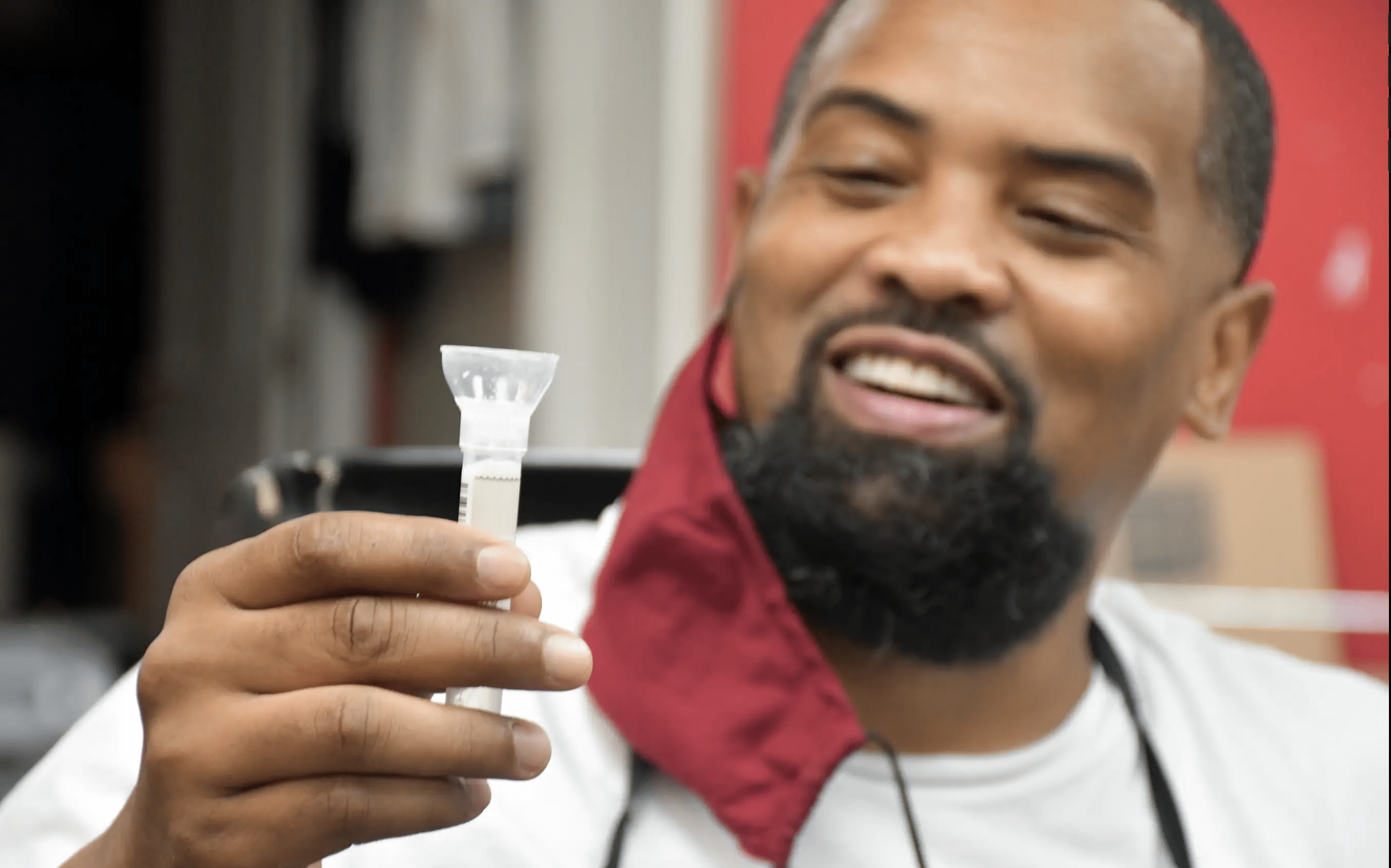
When the world started to grapple with the COVID-19 pandemic earlier this year, there was little information on the racial differences of incidence and mortality.
But health equity experts like Dr. Stephen Thomas knew that this information was crucial to documenting and addressing potential racial disparities.
"As states began to report race-based data, we started to see a bleak picture," said Dr. Thomas, a professor of health policy and management and the director of the University of Maryland Center for Health Equity (MCHE).
"We started seeing that Black people were three times as likely as white people to become infected with COVID-19 and twice as likely to die."
This wasn't a surprise for Dr. Thomas, who has long researched and worked to mitigate the historical health inequalities present in Black and Latinx communities. In 2010, MCHE started to mobilize Black barbershops and hair salons in the greater Washington DC region to help bridge gaps in trust with traditional healthcare providers through the Health Advocates In-Reach and Research (HAIR) Network.
Already successfully capitalizing on community trust in Black barbers and salon workers to deliver health education and administer colorectal cancer screenings, it was a no-brainer to Dr. Thomas to engage the HAIR Network in delivering COVID-19 tests, supplying communities with masks and sanitizers, providing virtual COVID-19 mitigation training and connecting distrustful communities with life-saving information.
Now bolstered by donations and research grants from the Cohen-Schwartz Family, the Flax Trust in Belfast, Cigna Foundation, the Wellbeing and Equity Bridging Network, Advancing Cancer Treatment, the Leadership Learning Community, Maryland Community Research Advisory Board (CRAB) member Barbara Hoffstein and members of the Anne Arundel Women Giving Together organization, MCHE has additional funding to continue the HAIR Network’s COVD-19 Prevention and Mitigation Campaign.
But their work has only started.
"This work is more important than ever as we get closer to developing a vaccine," said Dr. Thomas.
Historically, communities of color have had little participation in clinical trials. Deep-seated mistrust, skepticism, disillusionment with the medical and scientific fields and a lack of minority researchers have made these communities challenging to reach. This is especially problematic when therapeutics and vaccines created using clinical trials that lack diversity fail to work in communities of color.
"This is not something we can risk with the COVID-19 vaccine," added Dr. Thomas.
That's why he's making plans to expand MCHE’s geographic footprint for the HAIR Network from Prince George's County and the District of Columbia to Baltimore and across the State of Maryland. However, it will take more financial investment to make it a reality.
"We need to not only to recruit and retain Black, Latinx and other people of color for COVID-19 tests but to also encourage people to accept and demand access to the safe and effective COVID-19 vaccine once it is available," said Dr. Thomas.
"Today, we must build bridges to the neighborhoods and rebuild trust with residents in order to build healthy communities for a better tomorrow."
Watch a video on the HAIR Network’s COVID-19 Prevention and Mitigation Campaign.
Related Links: